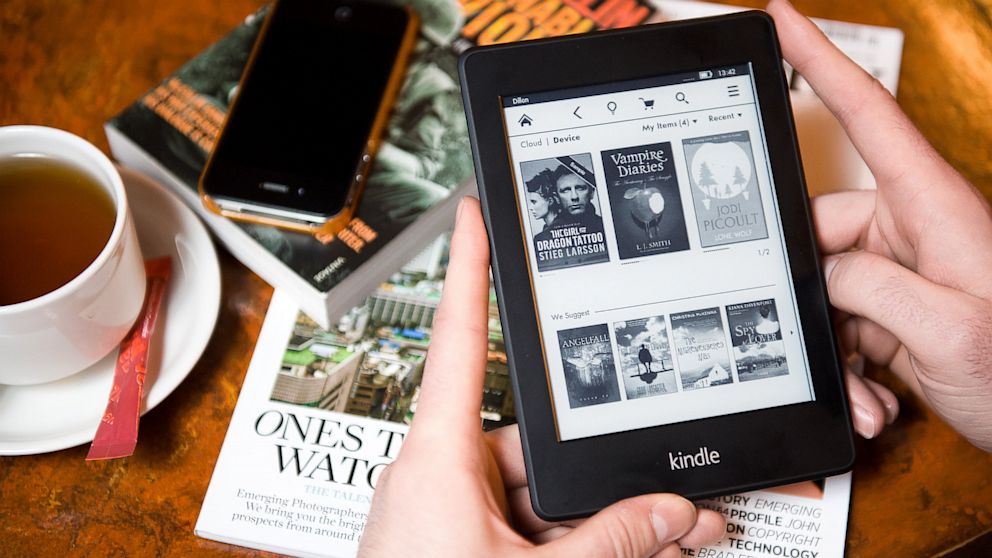Has it been a full year since KU debuted? It feels like longer. And yet, the year seems to have flown right by. Weird how that works.
With another June coming and going, we enter KU 2.0. Starting in July, payouts for Kindle Unlimited authors will be based on pages read, not whether or not a reader gets through the first 10% of a work.
I love this change. It’s one many of us have been clamoring for and even expecting. If anything, I’m surprised it took this long.
What this means for authors is debatable. Those who write shorter works designed for KU may see a drop in income, while those who provide full-length novels may see a rise in income (depending on how many pages readers enjoy). My guess is that the vast majority of authors will earn about the same amount as before. That doesn’t mean their income won’t fluctuate, only that this change won’t be the reason for most fluctuations.
I’m sure affecting the length of works was central to Amazon’s decision. By adjusting the payout knobs, they can influence the page count of works made available to readers. They might even entice some authors who pulled their $2.99-and-up novels and published them elsewhere to consider moving back into Select.
Should it influence serial fiction authors? Not in my opinion. Serialization worked for me before KU, and with this payout structure, we are getting paid more commensurate with overall length rather than number of titles. If the story calls for episodic releases, then there’s no difference in how those pages are rewarded. If you can’t hook the reader to continue reading along, you won’t get paid either way. And more titles will continue to mean greater visibility on the bestseller lists. So that advantage remains.
I have a feeling we’ll see some knee-jerk reactions from authors without considering these pros and cons. Shorter works still make a lot of sense in KU. It’s hard to justify selling short stories for more than a dollar, and you only make 35 cents on that dollar under KDP terms. In KU, a 20 page story might earn just as much as a sale. What we should celebrate is that short stories will no longer earn the same amount as a novel, especially since the 10% threshold was much easier to reach on a short story. That system just wasn’t fair. The new system is a vast improvement.
To those who write works with a mind of maximizing their earnings according to Amazon’s algorithms, take note: It’s not a good idea. Not in the long term. Write the stories you enjoy and that you think readers’ will love. This remains the best way to game the system: Write great works.
Something I really like about this new structure is the way Amazon calculates page length. To determine what constitutes a “page,” Amazon will format all KU books identically (not for the reader to see, but internally), to determine the total page count. What they say they’re doing is simply using the same font, size, spacing, and virtual device in order to figure out page count equally for all titles. So padding with whitespace won’t mean higher earnings. A nice solution.
I think this modification highlights one of the big reasons Amazon dominates its competitors: They simply don’t rest. They aren’t afraid to change course. They aren’t afraid to fail, and to learn from their mistakes. From what I can see, as a reader and a writer, KU has been a huge success already, with the amount of money going to authors and with the increased participation readers are having with independent literature. With this change, KU only stands to get better, for both parties.



Leave a Reply